We are always looking into the future, but we see only the past
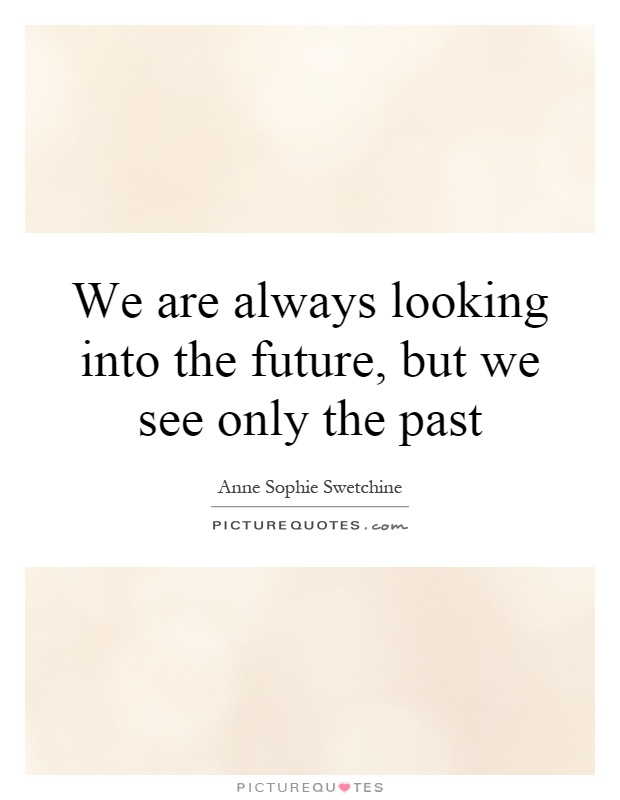
We are always looking into the future, but we see only the past
Anne Sophie Swetchine, a Russian-French writer and salonnière of the 19th century, once famously said, "We are always looking into the future, but we see only the past." This profound statement encapsulates the human tendency to constantly strive for progress and change, yet remain anchored in our past experiences and perceptions.Swetchine's words speak to the paradoxical nature of human existence. We are creatures driven by ambition, curiosity, and a desire for growth and improvement. We are always looking ahead, envisioning a better future for ourselves and for the world. We set goals, make plans, and work tirelessly towards achieving our dreams. However, despite our best efforts to move forward, we are often held back by the weight of our past.
Our past experiences, memories, and traumas shape who we are and influence how we perceive the world around us. They act as a lens through which we view the present and the future. Our past mistakes and failures can haunt us, causing us to doubt ourselves and our abilities. Our past successes can give us confidence and motivation to keep pushing forward. In this way, our past becomes a powerful force that guides our actions and decisions, sometimes without us even realizing it.
Swetchine's words also highlight the limitations of human perception. We may think we are looking towards the future, but in reality, our vision is clouded by our past experiences and biases. We may be unable to see beyond what we already know, limiting our ability to imagine new possibilities and opportunities. Our past can act as a barrier, preventing us from fully embracing change and growth.
Despite the challenges posed by our past, Swetchine's words also offer a sense of hope and possibility. By acknowledging the influence of our past on our present and future, we can begin to understand ourselves better and make conscious choices that align with our values and aspirations. We can learn from our past mistakes and use them as stepping stones towards a brighter future. We can embrace the wisdom and insights gained from our past experiences, while also remaining open to new ideas and perspectives.

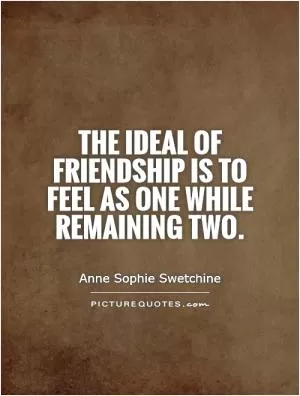
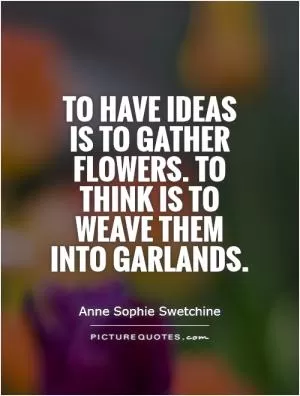

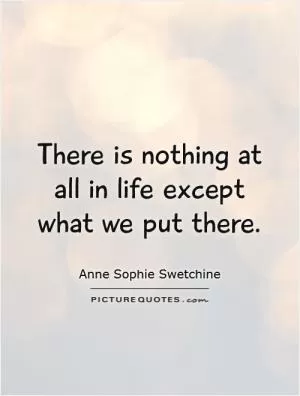

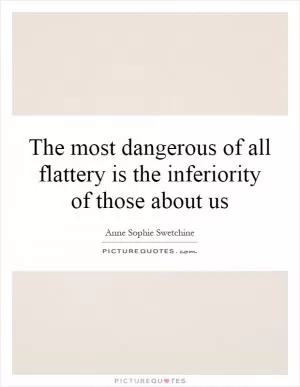
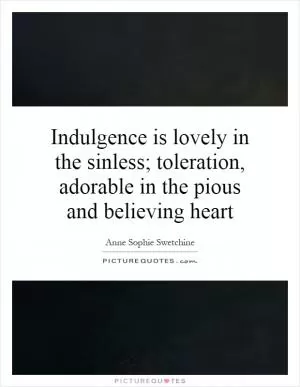
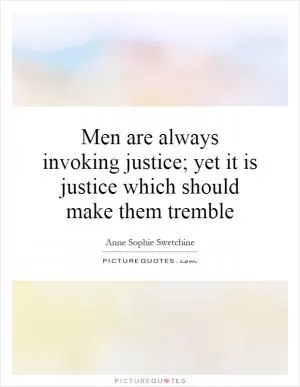
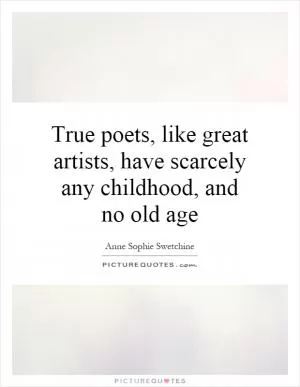
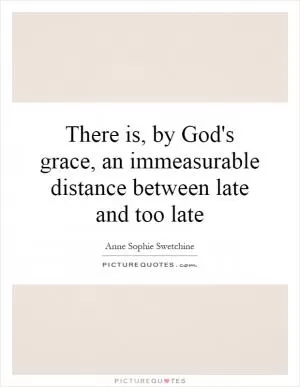
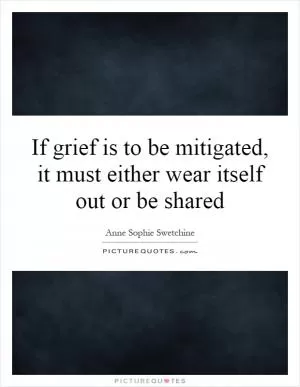
 Friendship Quotes
Friendship Quotes Love Quotes
Love Quotes Life Quotes
Life Quotes Funny Quotes
Funny Quotes Motivational Quotes
Motivational Quotes Inspirational Quotes
Inspirational Quotes